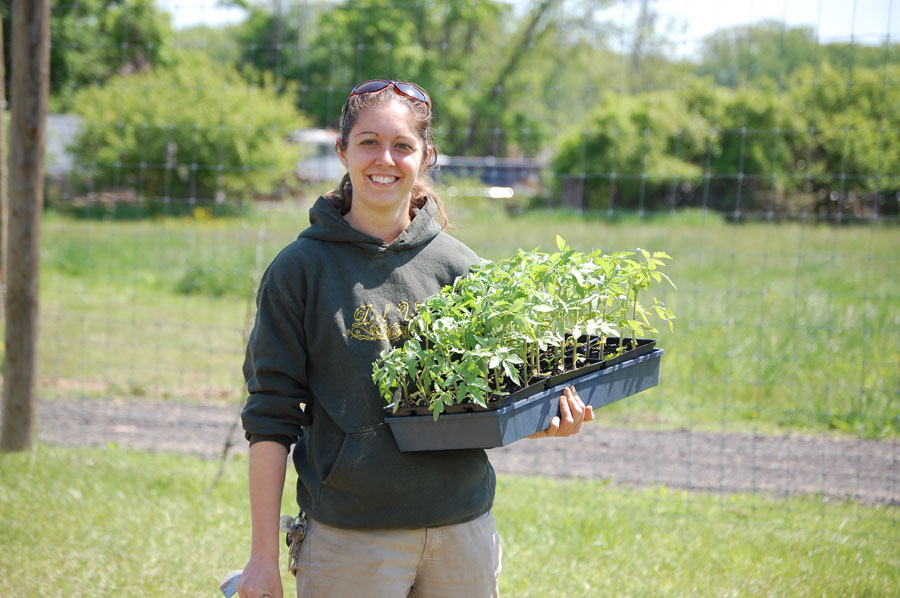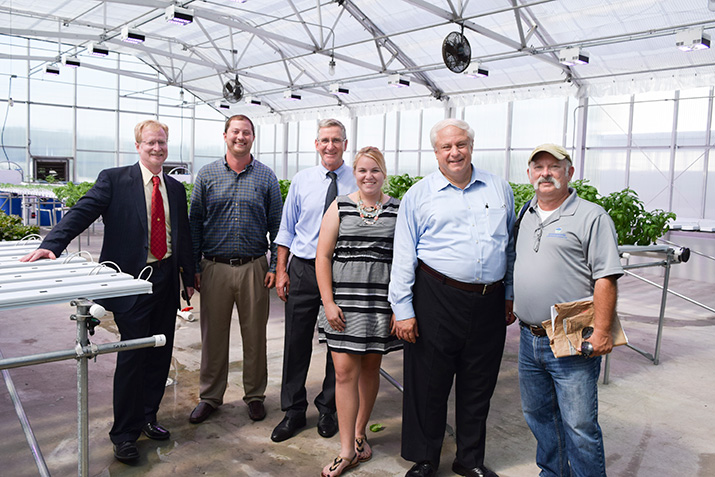Delaware Valley University: Sustainable Agriculture Systems (BS)
Stewards of the land
- Type:
- Sustainable Agriculture
- Categories:
- Undergraduate Degree
- Keywords:
- General info
-
Today there is a strong need for trained stewards of the land who can feed and clothe the world while caring for our planet’s fragile resources. Our students will learn the basic sciences and build upon that knowledge an understanding of the plant, animal, social, and agribusiness components of a sustainable agricultural system. This integrated approach offers a broad background in multiple disciplines. An extensive list of electives allows students to further specialize in one or more areas of the sustainable sciences. Students have extensive flexibility in selecting courses that satisfy individual interests and career ambitions.
Classroom theory finds practical application in the farms and forests of the University’s 1,000 acres of land. The Roth Center for Sustainable Agriculture has been specifically dedicated as the living laboratory of the Sustainable Agriculture Systems major. It will provide space for student lab projects, class demonstrations, and faculty research. Students also have the opportunity to gain practical experience in this diverse atmosphere through school-year and summer employment.
Sustainable agriculture is a production system built on three principles:- Long-term profitability
- Good stewardship of environmental resources
- High quality of life for the farmer and community
Sustainable agriculture is fresh innovation for an old way of life. Prior to the 20th century, farms often pursued multiple farming enterprises to increase their profitability and provide for their family’s needs. In the last 100 years, many farms have moved away from that diverse model in favor of the increased production and efficiency provided by specializing in a few crops. However, some farms are finding it increasingly difficult to compete in the marketplace. Specialization without careful management can also cause increased stress on important natural resources. Hence, many operations are turning again to the concept of multi-enterprise farms.





Delaware Valley University: Sustainable Agriculture Systems (BS)
Stewards of the land